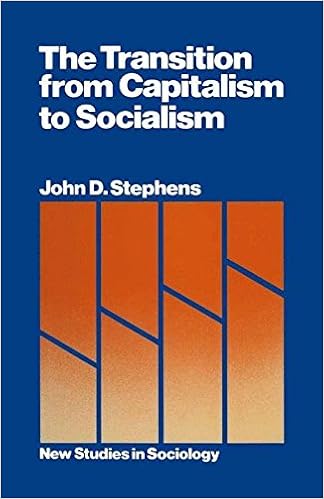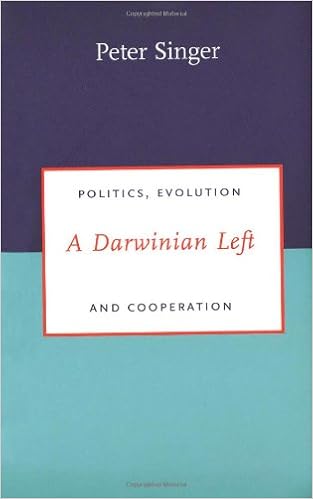
By Kathleen Collins
Exploring the various roots of clans, and their political position and transformation throughout the Soviet and post-Soviet classes, this quantity argues that clans are casual political actors serious to knowing nearby politics. It demonstrates that the Soviet procedure was once a ways much less winning in remodeling and controlling valuable Asian society by means of removing extended family identities, than has usually been assumed. Clans really stimulated and restricted the regime's political trajectory more and more, throughout the later Soviet and post-Soviet classes, and made liberalizing political and financial reforms very tricky.
Read or Download Clan Politics and Regime Transition in Central Asia PDF
Similar Communism Socialism books
Modernism and British Socialism
Thomas Linehan deals a clean standpoint on overdue Victorian and Edwardian socialism through interpreting the socialist revival of those years from the point of view of modernism. In so doing, he explores the modernist challenge as extending past the worries of the literary and inventive avant-garde to include political and social routine.
A Darwinian Left: Politics, Evolution, and Cooperation
During this ground-breaking booklet, a well known bioethicist argues that the political left needs to noticeably revise its superseded view of human nature. He indicates how the insights of recent evolutionary conception, rather at the evolution of cooperation, will help the left reach its social and political targets. Singer explains why the left initially rejected Darwinian notion and why those purposes aren't any longer potential.
Extra info for Clan Politics and Regime Transition in Central Asia



